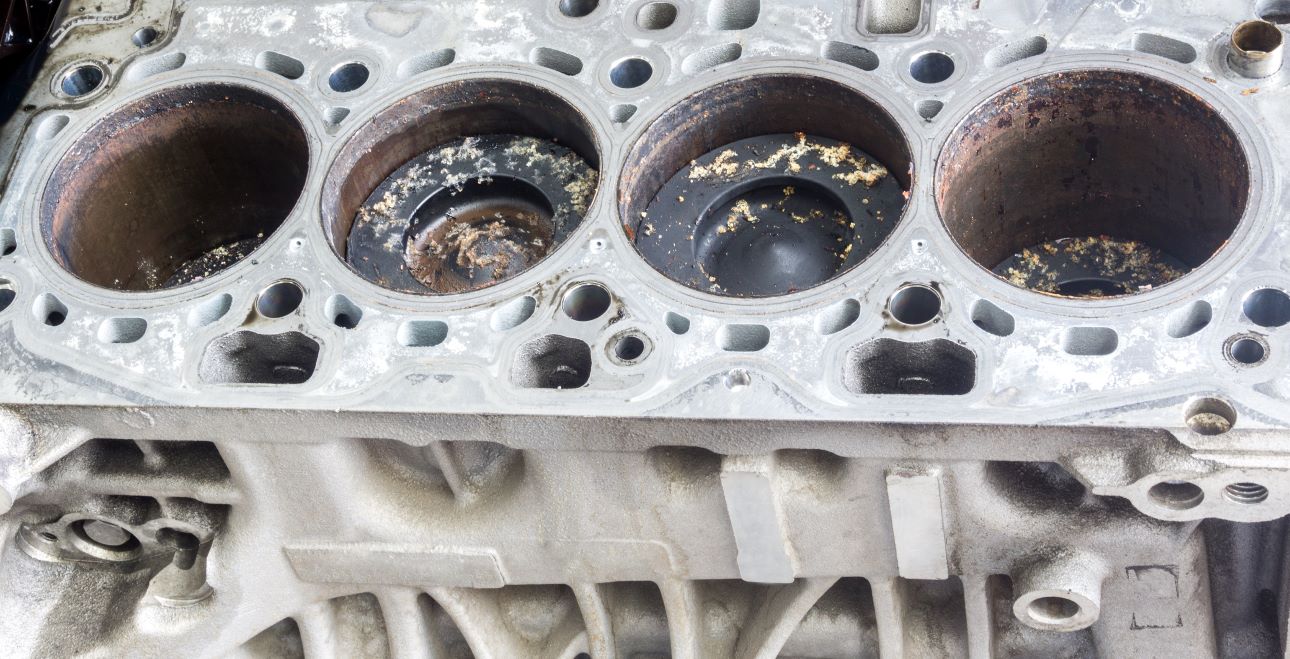
lubricants
In transportation, lubricants are used to help reduce the friction between moving parts. The utility of any base lubricant can be enhanced with lubricant additives. Functionalities that an additive can improve include friction modification to reduce the wear of automotive parts and prolong the life of engines, corrosion inhibition to protect the internal surface of the engine or transmission, and dispersion used to minimize sludge formation and neutralize acidic components. Cutting-edge Texalene™ Additives often bring more than one of these attributes to a formulated product. The key benefit of using lubricant additives is to help lengthen the maintenance intervals for engines and transmissions saving time, and money, and reducing the impact on the environment.

Corrosion inhibitors reduce, delay, or prevent the corrosion of metal. In closed-loop automotive systems, like engines, gearboxes, and transmissions corrosion inhibitor technology protects against moisture intrusion. When using Texalene™ Corrosion Inhibitors, water molecules, and other corrosive species in the lubricant are displaced from metal surfaces in favor of our film-forming compounds.
learn more
Dispersants play an essential role in maintaining the performance and efficiency of engines and gear boxes. They prevent the build-up of contaminants and residues that could compromise performance over time. In engine oils, these potential deposits (byproducts of fuel combustion), when not properly managed, can lead to engine wear, reduced fuel efficiency, and increased emissions. By keeping such contaminants dispersed within the lubricant, dispersants preserve the moving parts' integrity and functionality. This results in improved fuel efficiency, reduced emissions, and overall enhanced vehicle performance.
learn more
Friction modifiers are specialty ingredients added to lubricants to optimize the frictional characteristics between moving parts. In transportation, the efficacy of an engine, transmission, or axle is directly impacted by the level of friction it experiences. Excessive friction not only leads to wear and tear of parts but also reduces overall fuel efficiency. Friction modifiers interact directly with surface materials, forming a thin, protective film that reduces friction, minimizes wear, and enhances fuel economy. This interaction leads to quieter, smoother operation and extends the life of mechanical components, ultimately boosting the performance and reliability of vehicles.
learn more
Thickeners are integral to the formulation of effective lubricants in the transportation industry. These specialty ingredients enhance the consistency and stability of lubricants, ensuring optimal performance under a range of operating conditions. Thickeners protect engine components, lengthening their average life and contributing to smoother vehicle operation.
learn more
Intermediates play a vital role in the formulation of high-performance lubricants in the transportation industry. These specialty materials enhance various properties of lubricants, such as reducing friction, improving thermal stability, and controlling viscosity. Multi-functionality simplifies the formulation design process. Their use aligns with the industry's sustainability goals, enhancing fuel efficiency and reducing emissions. Manufacturers recognizing the versatile role of these intermediates is key to developing superior products that meet the modern demands of the transportation industry.
learn more

